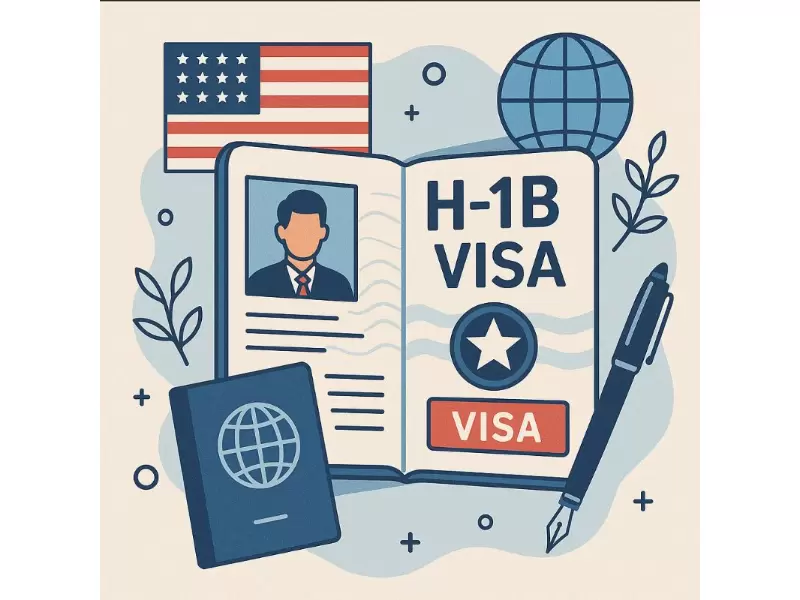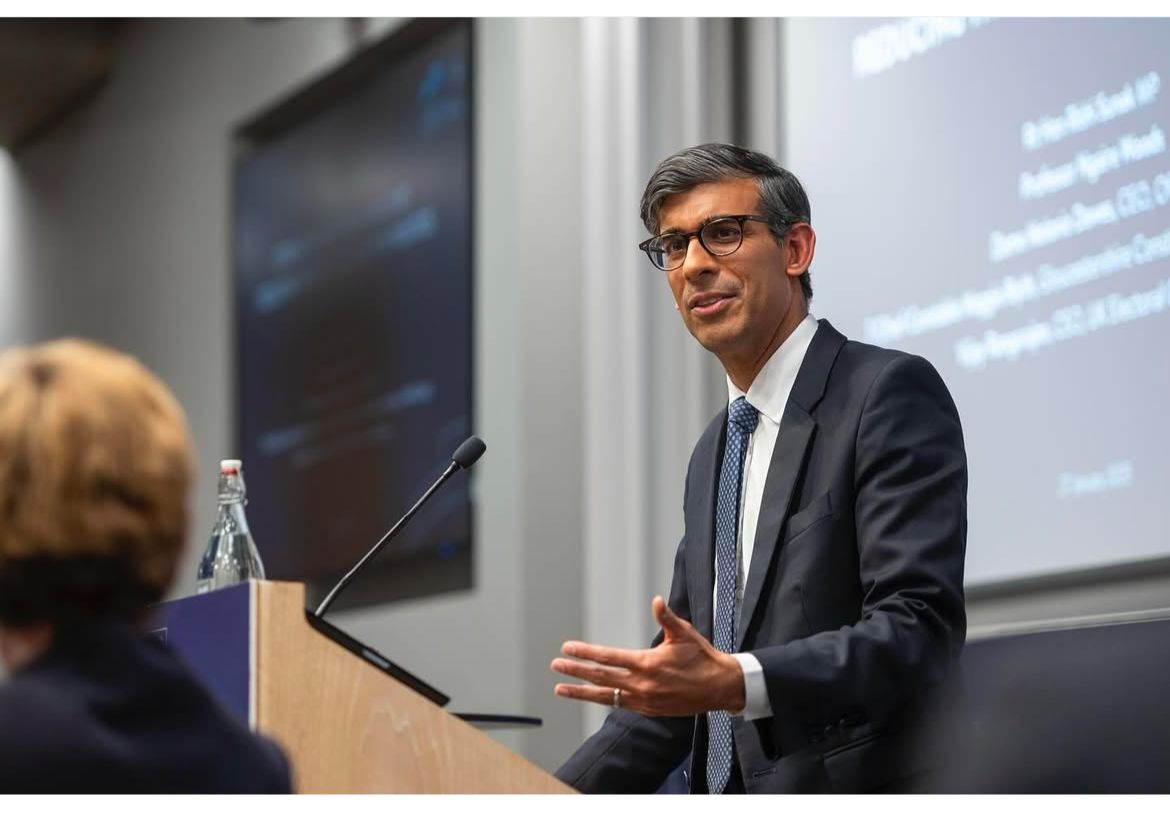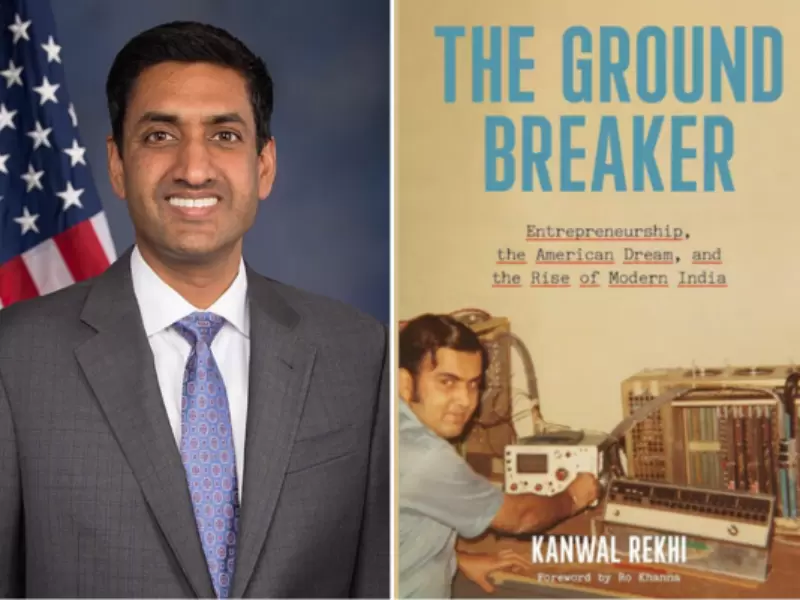Indians are the largest group of immigrant AI founders in US: Report
Dreem’s analysis shows that 62 of the top 100 AI startups in the U.S. were founded by at least one immigrant.
.jpg) Stock Image / istock
Stock Image / istock
Indians account for the highest number of immigrant founders in the top 100 privately held AI startups in the United States, according to a new report by Dreem, an AI-powered immigration platform.
The report, released July 1, found that 23 founders of Indian origin are among those powering the U.S. AI startup ecosystem, which is now dominated by immigrant-led innovation.
Dreem’s analysis shows that 62 of the top 100 AI startups in the U.S. were founded by at least one immigrant. These companies have collectively raised $167 billion—71 percent of the total funding analyzed—compared to $68.1 billion raised by companies founded solely by U.S.-born entrepreneurs.
The report highlights that immigrant-founded companies include major players such as OpenAI, Anthropic, Databricks, xAI, and Waymo. After India, the countries with the next highest number of founders are Israel with 14 and China with 9.
California remains the heart of AI activity, hosting 66 percent of the top startups. San Francisco alone is home to 26 percent of them. New York follows with 15 percent and Texas with 4 percent.
Despite their contributions, immigrant founders face growing challenges in the U.S. Dreem’s report points to visa caps, long processing times, and outdated quotas as major obstacles.
“Immigrant founders fuel America’s AI dominance, raising 2.5 times more funding than U.S.-born founders, driving innovation, and creating jobs that power our economy,” said Dmitri Litvinov, CEO and Co-Founder of Dreem.
He warned that without reform, the U.S. risks losing talent to other countries.
“Trump’s immigration policies, particularly the restrictive country caps, severely limit the influx of global AI talent,” Litvinov said. “These arbitrary quotas stifle progress and risk a brain drain, pushing visionaries to countries with less restrictive systems.”
Litvinov called on policymakers to “abolish country caps and streamline skilled immigration to secure [the U.S.'s] AI leadership.”
Meanwhile, countries like Canada, the UK, and the UAE have launched startup-friendly immigration policies and fast-track visas, increasing competition for global talent.
The report comes at a time when AI is expected to contribute more than $15 trillion to the global economy by 2030.
ADVERTISEMENT
ADVERTISEMENT
E Paper
Video




 Pranavi Sharma
Pranavi Sharma


.jpg)










Comments
Start the conversation
Become a member of New India Abroad to start commenting.
Sign Up Now
Already have an account? Login